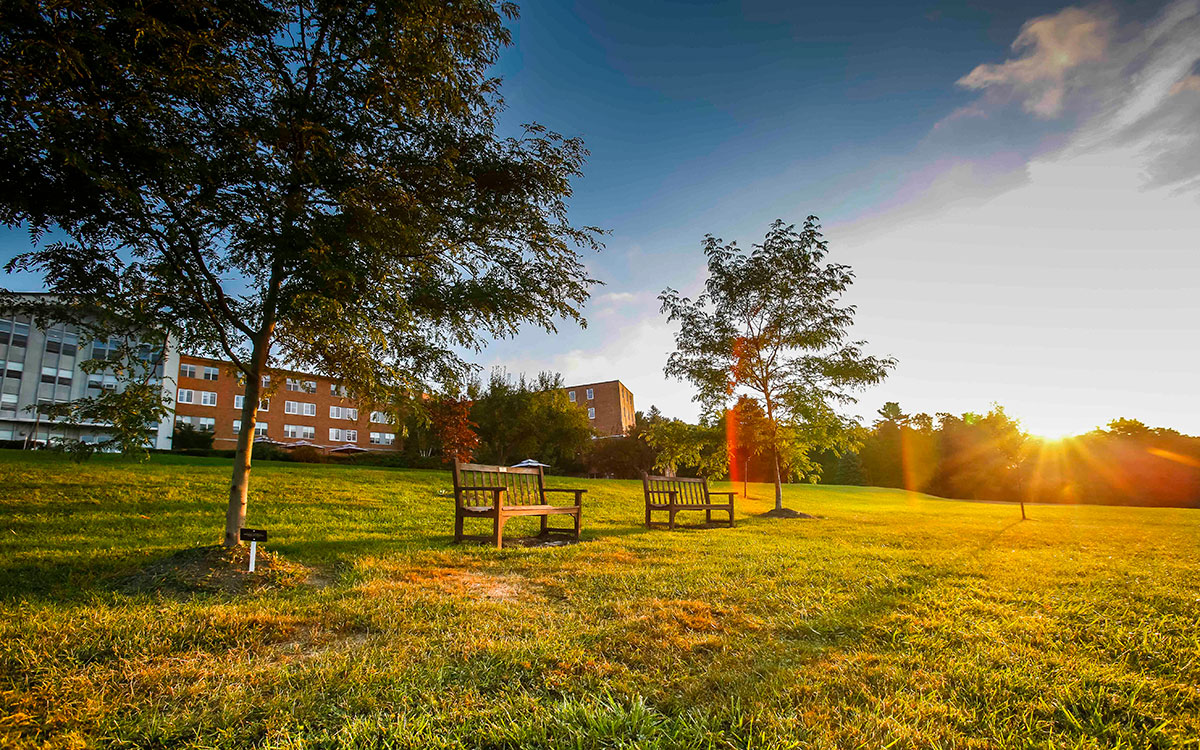What’s Your Practice?

I wake up early, usually around 5:30 am, which gives me about an hour and a half of free time before my partner and daughter rise. What should I do?, I’ll ask myself. I could sip some coffee and watch the news; continue with one of the five books I’m currently reading; get outside and chip away at the weeds in the yard; or do some movement, meditation, and breathing.
Depending on the day, how I’m feeling, and where my priorities are, I’ll decide on one of the activities above or some combination of them all. Some days, the weeds feel extra important; some days, my body really needs the time to move; and other days, it’s nice to just relax and enjoy a leisurely start to the morning.
Practice can mean so many different things, and it’s helpful for me to explore the possibilities. Practice can be engaging with the mind-body exercises that keep me balanced, grounded, and present with life’s waves. Practice can be doing things that are fun and joyful, to counteract a tendency to overwork and under-play. Practice can be taking care of chores and to-do lists, so there is harmony in my home and relationships.
Before deciding what your practice is, it can be illuminating to take some time to think about what you really care about in the world and in your life. For me, practice is only important if it supports my deeper intentions, desires, and relationships. Breathing, exercising, reading, and weeding for the sake of the experience is great—and, the clearer I am about why I do these practices, the more consistent and integrated they are likely to be.
When I wake up and read, I know that I am indulging my curiosity and desire to keep learning. When I wake up and weed, I know that I am helping to keep our home clean, clear, and beautiful. When I wake up and lounge around, I know that I am taking a break from the constant “doing” of modern life so I can continue to engage skillfully when I need to.
Here is a simple exercise to identify the practices that can support you.
- Write down the three most important aspects of your life. Mine are health, family, and inspiration.
- For each of the three aspects of life, write down one or two simple practices that would support this aspect.
- Create a weekly schedule of practices, if that fits your personality and lifestyle—or, if you’re like me, check in each day to see what is needed most for balance and harmony. Trust that there is no wrong way to practice, if it supports your life.
I love this saying: “Practice doesn’t make perfect, practice makes permanent.” The more I engage with activities that feel healing, nourishing, and inspiring, the less they seem like chores and the more they become part of my natural daily rhythm. At the end of the day, it’s all about balancing that which you care about most. My encouragement is to clarify your priorities and then identify simple practices that help keep you aligned with those intentions.
Steven Leonard is a faculty member for the Radiance Sutras School of Meditation, the Kripalu School of Yoga and has been leading teacher trainings for more than a decade.
Full Bio and Programs